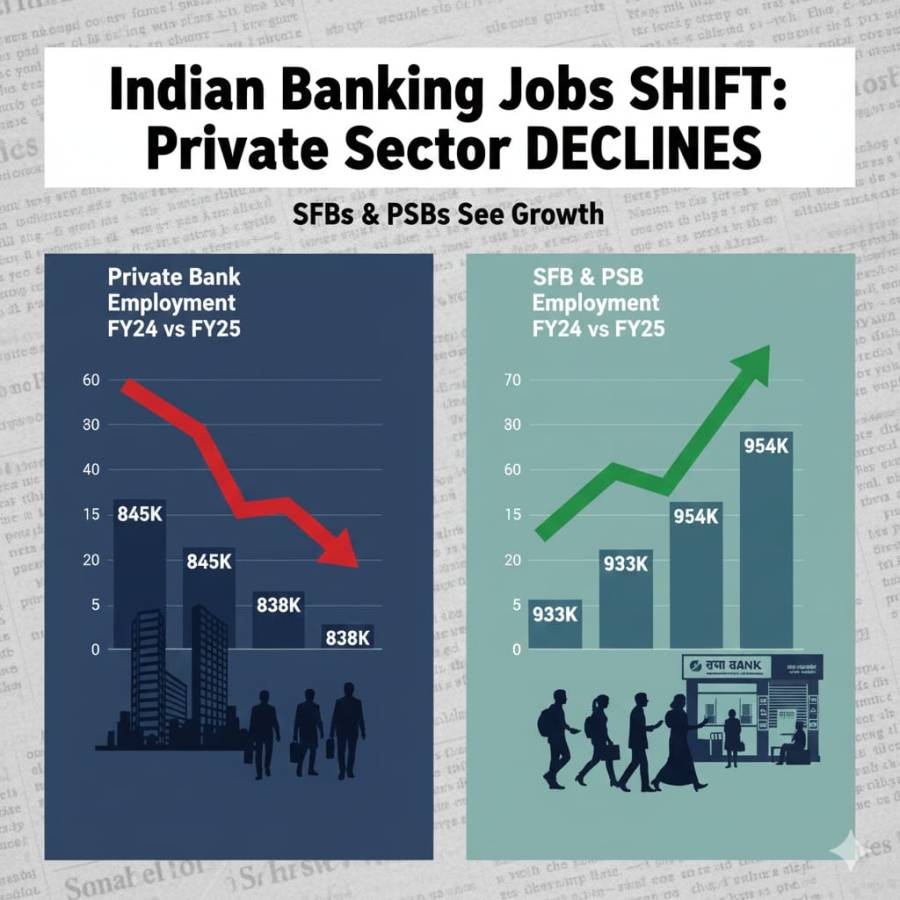
The announcement by UK Prime Minister Keir Starmer of a new national digital ID system, mandatory for proving the 'right to work', marks a significant and contentious shift in British domestic policy. Billing the measure as a pragmatic solution to curb illicit immigration and simplify public services, the Labour government is reviving an issue that has historically ignited political battles and fierce civil liberties debate.
The core of the plan is to provide a free digital credential, held securely on people’s smartphones, which will be mandatory for all employment checks by the end of the current parliamentary term. As Starmer succinctly stated, "you will not be able to work in the United Kingdom if you do not have digital ID." The intention is clear to cut off the "pull factor" of under-the-table employment, a key incentive for those entering the country without legal status.
The Pragmatic Promise
For the government, this is a dual-purpose policy. Beyond immigration enforcement, the digital ID is framed as an "enormous opportunity" to modernize the state. It promises to streamline complex bureaucratic processes, making it simpler for ordinary citizens to access services like driving licenses, childcare support, welfare benefits, and tax records. The idea is to replace the current system of cumbersome paper documents and utility bills with a single, secure digital proof of identity.
Crucially, the government insists the system will not mandate individuals to carry or produce the ID routinely in daily life, addressing one of the major concerns that derailed previous attempts at national identity cards. By focusing the mandatory requirement solely on employment verification, they hope to distinguish this policy from the broader, more intrusive surveillance fears of the past.
Civil Liberties Backlash and Practical Doubts
Despite the assurances, the announcement has immediately triggered intense opposition, primarily from civil liberties groups and rival political parties. Britain has long resisted the idea of a central population register or universal identity cards, a tradition that has now been challenged head-on.
Critics argue that making the ID mandatory for the right to work establishes a dangerous precedent. Groups like Big Brother Watch warn that it creates a "domestic mass surveillance infrastructure", centralizing vast amounts of personal data that could be vulnerable to cyber-attacks or repurposed by the state for tracking citizens. There are also concerns about digital exclusion, particularly for elderly citizens or those in vulnerable communities who may lack consistent access to smartphones or digital literacy, effectively creating a barrier to employment.
Furthermore, political opponents dismiss the measure's potential impact on immigration. They argue that those already operating outside the law, often in the cash-in-hand "gig economy," are unlikely to be deterred by a digital ID. The black economy thrives precisely by skirting official documentation, and the mandatory ID check may only push illegal workers and exploitative employers further into the shadows, making them harder to police.
A Defining Political Battle
The introduction of the digital ID is poised to become one of the defining political battles of the new government. The Conservative opposition, which repealed the previous Labour government's ID card legislation in 2011, has already vowed to oppose any attempt to "impose mandatory ID cards on law-abiding citizens."
By tackling the issue of illegal migration, a top concern for many voters, Starmer is attempting to neutralize a powerful attack line from the right while simultaneously positioning Labour as a party capable of delivering ambitious, high-tech modernization. However, achieving this without alienating civil libertarians, privacy advocates, and a public historically wary of state overreach will be a delicate balancing act, one that will test the political pragmatism of the new government in the years to come.





















